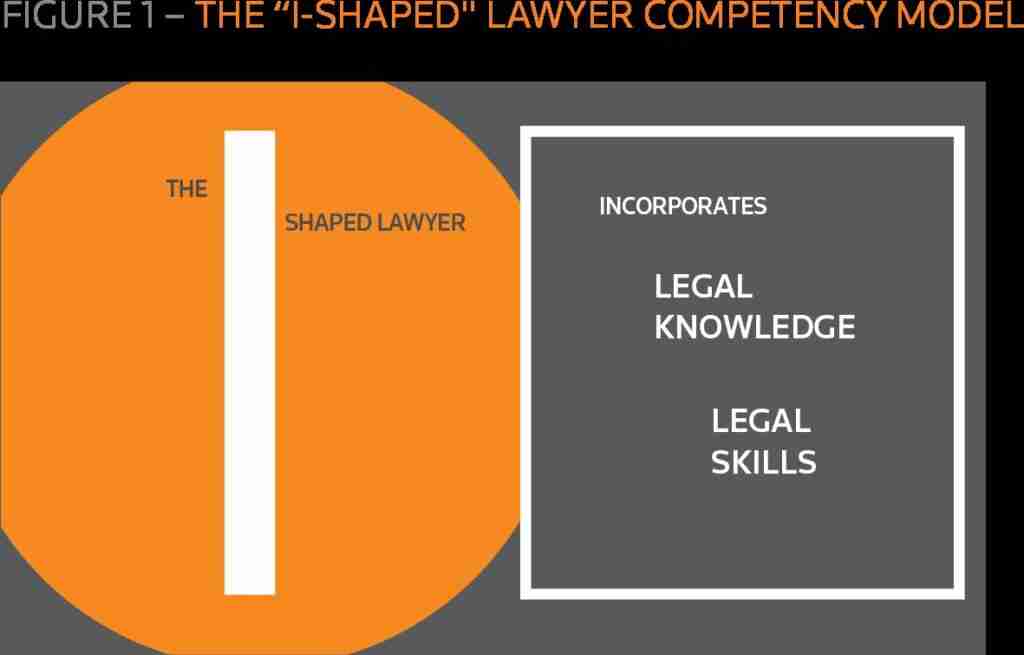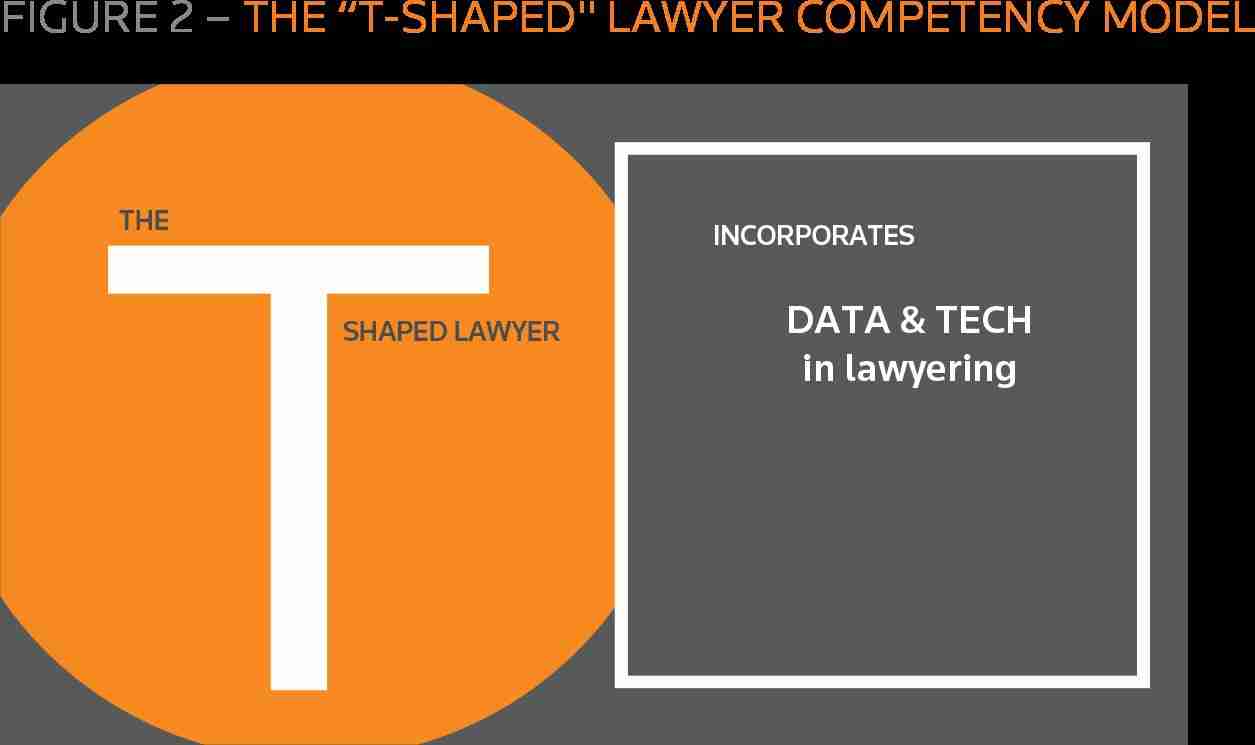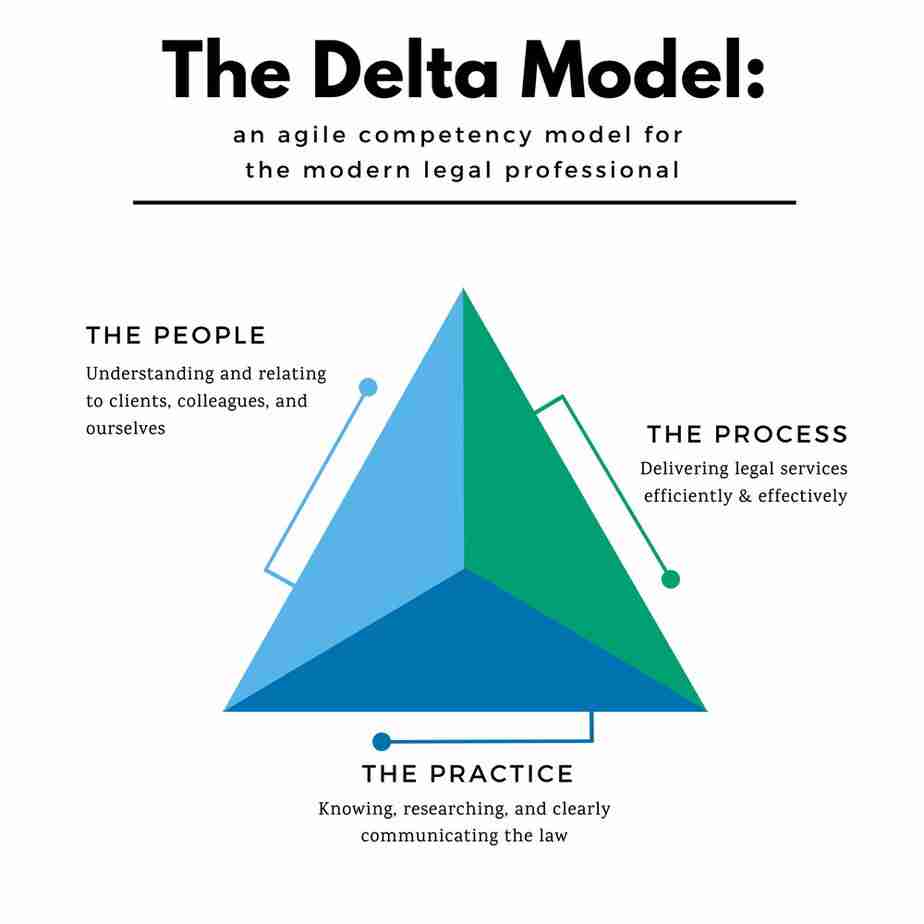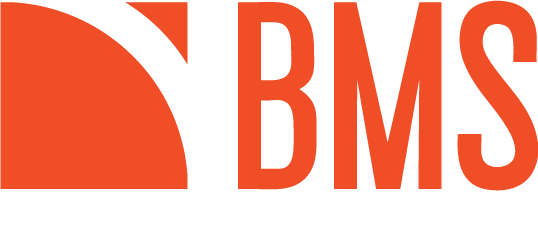Staffing your company with qualified lawyers who have the skills and the attitude your firm needs to survive and grow is a primary concern of every law firm. As the legal profession moves along with the rest of society, tomorrow’s lawyers are expected to be comfortable around technology and data integrity, while keeping up with all the latest developments in local and international law. We haven’t noticed advanced data management and research yet in job profiles posted for hiring in Thailand. However other good business practices like project management, business acumen, and relationship building appear regularly. Thailand‘s legal profession follows closely the demands put on their colleagues in the West – as far as 21st-century drivers for success.

The decision to hire externally or to promote from within the existing team leads to the question about the qualifications you will be looking for.
Ask three colleagues” “What is the profile that the company should be looking for?” and you will get 3 different answers. Very understandable, because of everybody’s individual lense on the current situation – or we might call them biases.
We won’t get into the biases here, but suffice it to say that it pays off to write down the specialties and qualifications required and discuss them with your team/colleagues before launching a hiring campaign.

The picture of the ideal legal candidate is composed of hard visible features but also of softer contours and shadows. The latter are the ones that will make all the difference between a good performer and a star.
Knowledge and Skills Profile
The visible qualifications – the minimum lowest denominator just to have access to the list of potential hires – are very well defined in Thailand – as they are in most other jurisdictions.
- Knowledge of the body of information necessary to do the job, composed of general knowledge of the law, legal procedures, and of one or more specialized fields (commercial and civil, tax, intellectual property, public law, etc..)
- Skills refer to the proficiency or practice level of a person and are typically translated in matching job titles like junior, associate, senior associate, – lawyer, partner
In Thailand, legal knowledge and skills are directly represented in the lawyer license granted by the governing body (Lawyers Council of Thailand) and by the membership of the Thai Bar Association when litigation in a courtroom is at stake. Thailand has also put in place specialized qualifications for patent agents, for juvenile and family lawyers, both requiring additional coursework and examinations.
Initial access to the legal profession is fairly open in Thailand as there are law bachelor (LL.B) curricula available throughout the Kingdom. But a bachelor’s degree is just your entry ticket to the lawyer licensing process.
Besides additional and dedicated academic coursework, a lawyer license will also require practical experience in the form of internships (6 months or 12 months depending on the chosen qualification route) and staggered examinations along the way. Passing rates are far below a normal distribution curve – less than 10% of the participants finally make it to become a licensed lawyer.
One could argue that “real” access to the legal profession is strictly controlled by the current practitioners through the quality requirements for knowledge and skills and through natural selection (exhaustion, lack of conviction, other professional opportunities…).
Within this limited number of entrants, law firms will have to attract and select the ones that offer a “bit more” – the human condition that makes someone from a qualified lawyer into an achieving business contributor.
For those interested, the only English language publication about what a lawyer should know, do and be – was published in 2019 by Nandana Indananda & Manaswee Wongsuryrat, from Tilleke & Gibbins. The full article is under the link below and should be a good starting point for any non-Thai interested practicing law in Thailand as a consultant.
What are these extras required for the 21st century?
There is a ton of material available from consultancies and universities – some research-based, some of a more aspirational nature on where the profession should be heading to effectively respond to societal needs. For those who want to read more, we have included a selection of articles at the very end.
“I” shaped moving to “T” shaped Profiles
Already in 2014, Amani Smathers – a practicing lawyer and member of the American Bar Association (ABA) – published an article in the ABA’s Law Practice Magazine in which she laid out her vision about where lawyers are today and where they ought to be headed. She brought up a distinction between I shaped and T shaped lawyers: the ”I” represented a one-dimensional “thinking like a lawyer” kind of professional with intricate, deep knowledge of the Law and its procedures.

The current demands of the Lawyers Council of Thailand are exactly what she describes as ”I” shaped lawyers: people with deep legal expertise and procedural skills and understanding. Written and oral communication capabilities in Thai are covered herewith and are well trained and practiced.
Smathers argues that clients however will continue to expect more – at reduced fees. Understanding of business as a process, e-discovery methods to support research, document storage, and retrieval technology, and data security are The topics in which the lawyer of the future will have to become proficient:

“A T-shaped lawyer has deep legal expertise (long vertical bar of the T) but also has enough knowledge of and appreciation for other disciplines (shallower horizontal bar of the T) such as technology, business, analytics, and data security to better problem solve and collaborate with professionals with expertise in those areas.” (R. Amani Smathers ). (1)
Shapes abound: ?
Delta Shaped Profiles

Five – six years have passed since, and others from business and academia have built on the concept and came up with what they have called Delta- shaped lawyers, emphasizing the need for emotional intelligence in practicing law.(2)
In 2019 a group of scholars from Northwestern University and Michigan University published the first article on a comprehensive competency model for lawyers, emphasizing the need to adapt the legal education curriculum to reflect what is required today to be a successful lawyer.
“However, the T-shaped lawyer obscures the core competency of decision-making and problem-solving. This paper introduces the Delta Model for legal professional competency that not only recognizes the need for lawyers to have deep legal knowledge and skills, as well as an understanding of data and technology but also recognizes the need for emotional intelligence in decision-making and problem-solving. The Delta Model could reshape how we approach legal education and lawyer training, providing a structure that more accurately reflects the breadth of skills that a twenty-first-century lawyer needs. “ (Alyson Carrel, Clinical Associate Professor at Northwestern University Pritzker School of Law.) (3)
Although not always present in curricula as a course or topic of education, relationship management, emotional intelligence, character are competencies developed through practice and context by all successful lawyers. Not sure this provides additional insight to answer the question of the success profile for the 21st century!
Value of these models in Asia
In Thailand?

These aspirational ideas originate from an “American” way of thinking and business context – is there any relevance for the practice of law in Asia? In Thailand?
In their initial moral concept, the Asian legal systems are grounded in either Brahmanism/Hinduism or in Confucianism and very often an amalgam of the two – overlaid with western common and civil law procedures or codices respectively.
Whatever the moral compass used in developing their legal systems, big corporations have forced the Western way of doing things upon Asian societies either through trade or through political dominance.
Throughout the 20th century trade with the West as the major consumer of goods, was and still is the dominant source of income.
This influence will not dramatically fade away overnight even as Asian economies become more robust and the balance of power is regularly challenged. Mutual trust and commitment in each other’s legal systems remains however paramount.
Hence, adaptation after integration in one’s own practice is a strategy many Asian countries have proven to be masters in, in a broad variety of fields and law practice should not be different.
Thailand

To my knowledge, there is no recent research in Thailand to meaningfully add to this debate and it would be interesting to survey relevant parties to get a view on the state of things here.
In aid of proper recruitment practice, deep legal expertise, and procedural skills in a Thai context, remain the backbone to select lawyers.
Based on the lessons learned from the American writers, I would dare theorize – hypothetically- that for Thailand the competencies below could be critical to further adapt the legal profession to the 21st century –
Global Trade
- Awareness/Knowledge of major foreign legal systems
- Effective written/oral communication skills in English and eventually a third language (Chinese or Japanese)
Thinking Quality
- Initiative and independence
- Critical analysis: identifying legal issues from facts, applying the law and draw conclusions
- Creative problem solving
Technology
- Technology freak – up to artificial intelligence
- Data Governance
Entrepreneurship
- Professional partnering/project management
- Team and relationship building
- Networking including public speaking
As a reality check, we analyzed job postings in July and August 2020 and kept a tally of the skills requirements. The top 5 skills requested by companies are in frequency of appearance
- Written and Oral communication In English
- Critical analysis in a legal context
- Work organization (time-, pressure-,project management)
- Initiative and Independence
- Relationship building and teamwork
Notoriously absent are awareness and skills in advanced technology (“proficient in Microsoft office and internet” is the typical phrasing used) and knowledge of international legal systems.
Entrepreneurship qualities were occasionally mentioned, but not as a critical feature.
In a very preliminary conclusion, one could argue that the Thai legal professionals have moved along to some extent with the 21st century profiles we discussed earlier in this paper , but that the major emphasis remains firmly on people who get the job done here and now.
“Thinking Like a Lawyer” remains the mantra for selection and entry into the profession.
References
- http://dashboard.mazsystems.com/webreader/31892?page=34
- http://www.amanismathers.com/technolawgic/2014/2/21/t-shaped-lawyer
- https://readingroom.law.gsu.edu/cgi/viewcontent.cgi?article=2977&context=gsulr
- https://www.legalexecutiveinstitute.com/white-paper-delta-model/
Additional Reading on Legal Competencies
https://www.inhousecommunity.com/article/t-shaped-lawyer/
http://www.aalep.eu/top-25-most-significant-skills-and-abilities-lawyers
https://amazelaw.com/9-skills-successful-lawyer/
Overview of Thai Legal System in English
